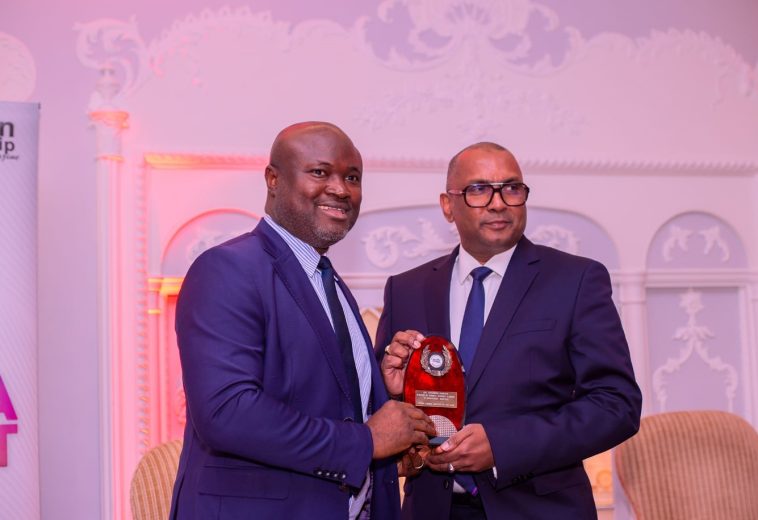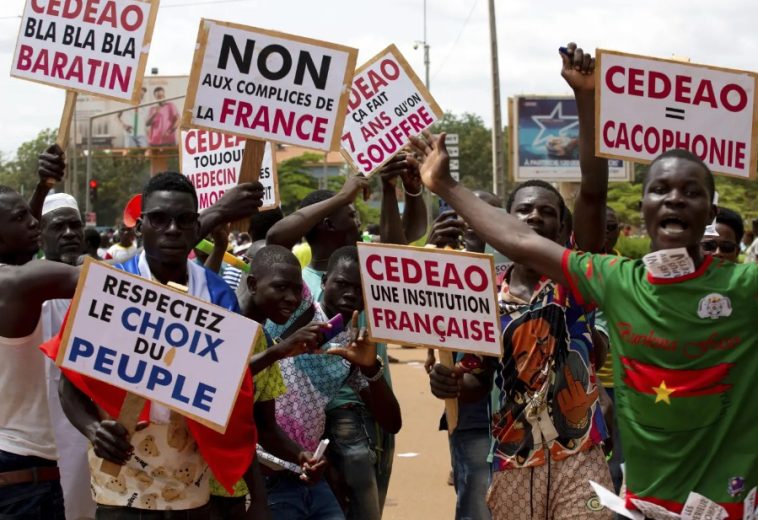In nearly every facet of global society, whether public or private, the influence of Africans making significant strides is a common sight. This phenomenon owes itself to the fact that the continent boasts a reservoir of exceptional individuals brimming with the capabilities and intellect to create positive global impacts.
Ngozi Okonjo-Iweala
One such exceptional figure is an economist and fervent advocate for international development, Mrs. Ngozi Okonjo-Iweala. She ascended to the role of Director General of the World Trade Organisation in 2021, becoming not only the first woman to hold the position but also the first African.
While her assumption of this role might seem recent, it’s vital to acknowledge that her journey to prominence began long before 2021. With a career spanning over four decades as an international development economist, Okonjo-Iweala has held various influential positions within her native Nigeria, across Africa, and on the global stage, leaving a trail of remarkable accomplishments.
Her career trajectory
Over the course of her illustrious career, she dedicated 25 years to the World Bank, where she served two distinct tenures.
Her initial engagement was as a development economist and vice president, as well as the corporate secretary of the World Bank Group, from 1982 to 2003. Subsequently, between 2007 and 2011, she rose to the esteemed position of managing director of operations. During this period, she oversaw a substantial operation portfolio of $81 billion across Africa, South Asia, Europe, and Central Asia.
Ngozi Okonjo-Iweala
Between these two World Bank stints, Okonjo-Iweala achieved another milestone by becoming Nigeria’s first-ever Finance Minister, a role she held from 2003 to 2006. Returning to the World Bank once more in 2011, she embarked on her second tenure, during which Nigerian President Goodluck Jonathan appointed her as Finance Minister from 2011 to 2015. This extended stint solidified her status as the longest-serving finance minister in Nigeria’s history.
Throughout her tenure as a minister in Nigeria, Okonjo-Iweala undertook impactful institutional policy reforms aimed at curbing corruption within the government and enhancing fiscal transparency to foster development.
Of particular note, during her first term as Finance Minister in 2005, she spearheaded negotiations that led Nigeria to successfully restructure a substantial $30 billion external debt owed to the Paris Club, accompanied by the cancellation of an $18 billion debt.
Going beyond her financial roles, she briefly served as Nigeria’s Minister of Foreign Affairs from 2006 to 2007.
In 2012, she vied for the position of President of the World Bank, although this attempt did not yield success.
Triumphs at the WTO
Returning to her present position as DG of the WTO, her leadership over the past two years has been marked by a series of noteworthy accomplishments within the realm of international trade.
Foremost among these achievements is the culmination of agreements on specific trade initiatives collectively known as the “Geneva Package. This package, signed by WTO member nations in 2022 after prolonged negotiations, encompasses crucial components like a waiver of intellectual property protections to bolster COVID-19 countermeasures, an accord addressing fisheries subsidies, and a resolution targeting global food insecurity.
Distinguished as the first-of-its-kind in the organisation’s history, this agreement is fundamentally rooted in environmental sustainability. It is anticipated to contribute to curbing an estimated annual sum of $22 billion in detrimental subsidies while also extending financial and technical aid to communities within developing and least-developed member regions. This further underscores the WTO’s capacity to effectively address the emergency requirements of its member countries.
In December 2021, under Okonjo-Iweala’s guidance, the organisation successfully engaged in negotiations concerning domestic regulations, thus facilitating expanded market access for service providers.
The DG has remained at the forefront of advocating for open international trade and encouraging the adoption of digital trade and e-commerce among member nations. Additionally, she has actively sought ways to assist member countries in navigating global challenges like climate change.
Her involvement in the 2022 COP 27 Climate Summit in Egypt, where she collaborated with other international organisations such as the United Nations and the World Food Programme, underscored her commitment to addressing critical issues like climate change, international trade, and food insecurity.
Further solidifying her multifaceted approach, she inked a memorandum of understanding with FIFA President Gianni Infantino in 2022, focusing on leveraging international trade and football to stimulate growth.
Paving Africa’s Path to Progress
Undoubtedly, as a prominent African figure, the DG of the WTO has already significantly contributed to the continent’s development through the various roles she has occupied both in her career trajectory and as a member of other developmental groups and committees. However, the consensus remains that there is even greater potential for her to bolster Africa’s progress in numerous domains.
One key area where her expertise and guidance could prove invaluable is in facilitating the continent’s advancement in digital trade. During the launch of a joint WTO-World Bank policy note on digital trade for Africa, Okonjo-Iweala emphasised that harnessing the opportunities of digital trade necessitates a robust ecosystem, encompassing factors such as strong connectivity, essential skills, efficient logistics and payment systems, and a conducive policy framework.
Given Africa’s existing deficits in these prerequisites, she possesses the capacity to rally the international community towards taking decisive actions that would position the continent to thrive in the digital trade landscape. Such progress would, in turn, trigger job creation and catalyse overall growth.
With a consistent focus on fostering business opportunities and investments within the continent. Thereby empowering its burgeoning youth and female populations, Africa’s increased engagement in digital trade would amplify its global trade participation.
Furthermore, it remains crucial that, as the head of the world’s premier trade body, Okonjo-Iweala ensure that Africa is accorded a level playing field within the organisation. This entails addressing unwarranted barriers and restrictive conditions that could hinder Africa’s trading potential. By doing so, Africa can more effectively contribute to the global value chain.
While the continent anticipates further support from this accomplished daughter, one undeniable truth endures: Africans take immense pride in her achievements and will steadfastly support her in her quest to achieve the best for herself and the global community.


